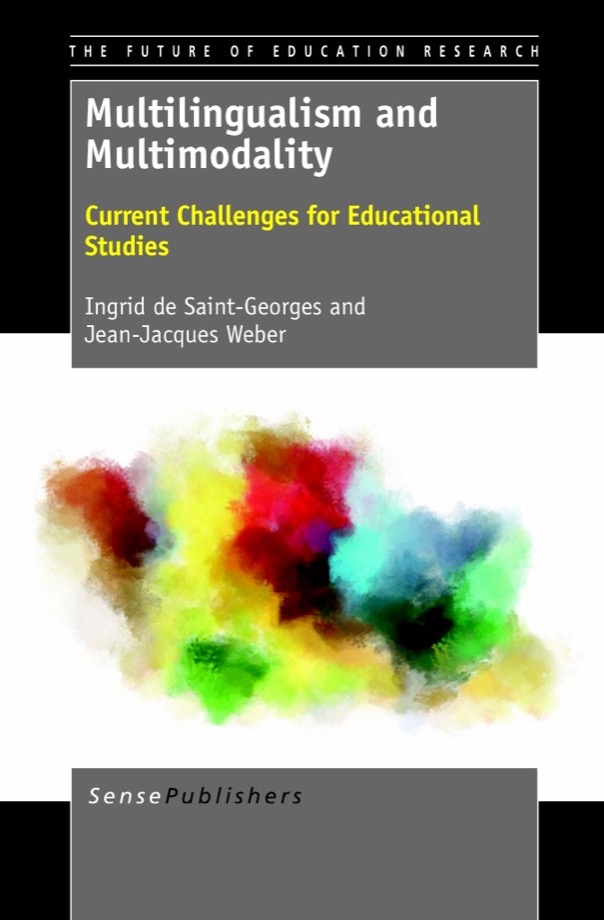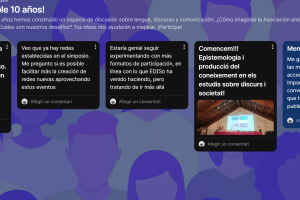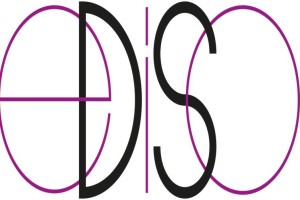NOTICIAS
de Saint-Georges & Weber (eds.): Multilingualism and Multimodality. Current Challenges for Educational Studies
FECHA
19/09/2013
COMPARTIR

"In the social sciences and humanities, researchers often qualify the period in which we are living as ‘late-modern’, ‘post-modern’ or ‘superdiverse’. These terms seek to capture changing conditions and priorities brought about by a new social order. This social order is characterized, among other traits, by an increased visibility of social, cultural and linguistic diversity, arising out of unprecedented migration and mobility patterns. It is also associated with the development of information and communication technologies, which in the digital era transform communication patterns, identities, relationships and possibilities for action.
For education, these late-modern conditions create numerous interesting challenges, given that they are of course reflected in the classroom and other sites of learning. Conditions of ‘superdiversity’ mean that, in educational institutions, varied practices, linguistic repertoires, and symbolic resources come into contact, posing questions about how institutions and actors choose to deal with this diversity. Likewise, digital technologies with their possibilities for assembling and using multimodal texts in new ways transform the learning experience, redefining what counts as teaching, learning, knowledge, or assessment.
By providing careful analyses of policies and interactions in superdiverse, technologically complex, educational contexts, the authors of this volume contribute something important: they give a shape – a semiotic form – to some of the issues raised by transnational migration, sociocultural diversity, and digital complexity. They construct a framework for reflecting about the new social order and its impact on education. They also reveal the kinds of new questions and new terrains that can and must be explored by linguistic research if it wants to stay relevant for education in these times of change."
Table of Contents
- Daniel Tröhler: The Future of Education Research: Introduction to the Series of Three Volumes
- Ingrid de Saint-Georges & Jean-Jacques Weber: Preface
- Ingrid de Saint-Georges: Multilingualism, Multimodality and the Future of Education Research
- Jan Blommaert & Ad Backus: Superdiverse Repertoires and the Individual
- Luisa Martín Rojo: From Multilingual Practices to Social Processes: The Understanding of Linguistic ‘Respect' in Contact Zones
- Adrian Blackledge, Angela Creese & Jaspreet Kaur Takhi: Language, Superdiversity and Education
- Ruth Wodak: Multilingualism in EU Institutions: Between Policy Making and Implementation
- Jean-Jacques Weber & Kristine Horner: Multilingual Universities and the Monolingual Mindset
- Gunther Kress: Recognizing Learning: A Perspective from a Social Semiotic Theory of Multimodality
- Carey Jewitt: Multimodality and Digital Technologies in the Classroom
- Laurent Filliettaz, Stefano Losa & Barbara Duc: Power, Miscommunication and Cultural Diversity: Applying a Discourse Analytic Lens to Vocational Education Practices
- Ron Scollon: Geographies of Discourse: Action Across Layered Spaces


